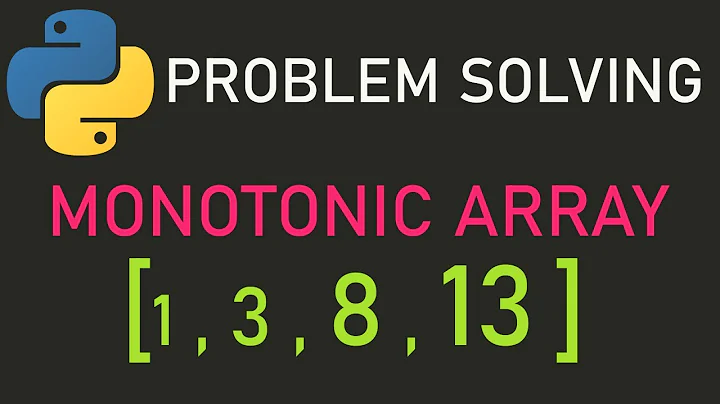F is Continuous and One to One Then It is Monotone
If a function is continuous and one-to-one then it's strictly monotonic
Like BrianO said, your reduction to studying how $f$ behaves with three points is a little quick. However, the reduction is elementary in the sense that it only uses ordered field axioms and not the LUB or other analytic theorems.
Let me just give the details of the reduction:
A map is monotone iff:
$(i)$: it is monotone on every set of four points or less.
This is just figuring out the negation of being monotone: if $f$ is not monotone then there are points $a \leq b$, $c \leq d$ in its domain such that $f(a) > f(b)$ (non increasing) and $f(c) < f(d)$ (non decreasing) and $f$ is not monotone on $\{a;b;c;d\}$.
$(ii)$: it is monotone on every set of three points or less.
Indeed, assume $f$ satisfies $(ii)$. Let $a < b < c < d$ be four points with for instance $f(a) \leq f(b) \leq f(c)$. If $f(a) = f(b) = f(c)$ then $f$ is monotone on $\{a;b;c;d\}$: increasing if $f(d) \geq f(a)$ and decreasing otherwise. Else, if for instance $f(a) < f(c)$, then applying $(ii)$ to $\{a;c;d\}$ yields $f(a) < f(c) \leq f(d)$ so $f$ is increasing on $\{a;b;c;d\}$. The three other cases work the same.
Related videos on Youtube
Comments
-
Let $f:(A,B)\to \mathbb{R}^1$ be continuous and one-to-one.
Prove that $f$ is strictly monotonic on $(A,B)$.Proof:
Suppose $f$ is not strictly monotonic on $(A,B)$. Then there exist $a<b<c$ such that $f(a)\geqslant f(b)$ and $f(c)\geqslant f(b)$.
Suppose that $f(a)\geqslant f(c)$. Since $[a,b]$ is connected and $f$ is continuous then $f([a,b])$ is connected.
It's easy to prove that $[f(b),f(a)]\subset f([a,b])$.
If $f(b)=f(a)$, then $f$ is not one-to-one and we have contradiction.
If $f(b)<f(a)$, then $f(c)\in f([a,b])$ and by the intermediate value theorem $\exists c'\in [a,b]$ such that $f(c')=f(c)$ and $f$ is not one-to-one.
Sorry if this topic repeated but I would like to know is my proof correct?
Thanks in advance.
-
what if $f(a)$ or $f(b)$ are undefined?
-
@uniquesolution Not possible, as $a,b\in (A,B) = dom(f)$.
-
Mostly right, but I don't get a few things. You suppose $f(a)\ge f(c)$, but it seems you never consider $f(a)<f(c)$. Your initial statement of what it means for $f$ to not be monotonic seems odd — given that $f$ is 1-1, not monotonic means there are two pairs $a<b, c<d$ with $f(a)<f(b), f(c)>f(d)$.
-
@BrianO, the case $f(c)\geqslant f(a)$ is analogous.The initial statement which I wrote also mean that $f$ is not STRICTLY monotonic.
-
But it is strictly monotone: it's 1-1. Here's another proof: math.stackexchange.com/questions/1430197/…. There it's proved for domains that are closed intervals. You'll need another short step to conclude the result for open intervals.
-
@BrianO, Can you say what is this "short step"?
-
@BrianO, I believe that my proof is correct. Can you point at my mistake if this exists?
-
As I said, I don't even understand how you get from "$f$ is not monotonic" to your condition involving $a,b,c$, I don't understand why you don't state it with strict inequalities, you explored only one of two cases, ... all this seems roundabout, unclear and beside the point.
-
Recents
Related
crombielegrattlyzed.blogspot.com
Source: https://9to5science.com/if-a-function-is-continuous-and-one-to-one-then-it-39-s-strictly-monotonic





0 Response to "F is Continuous and One to One Then It is Monotone"
Post a Comment